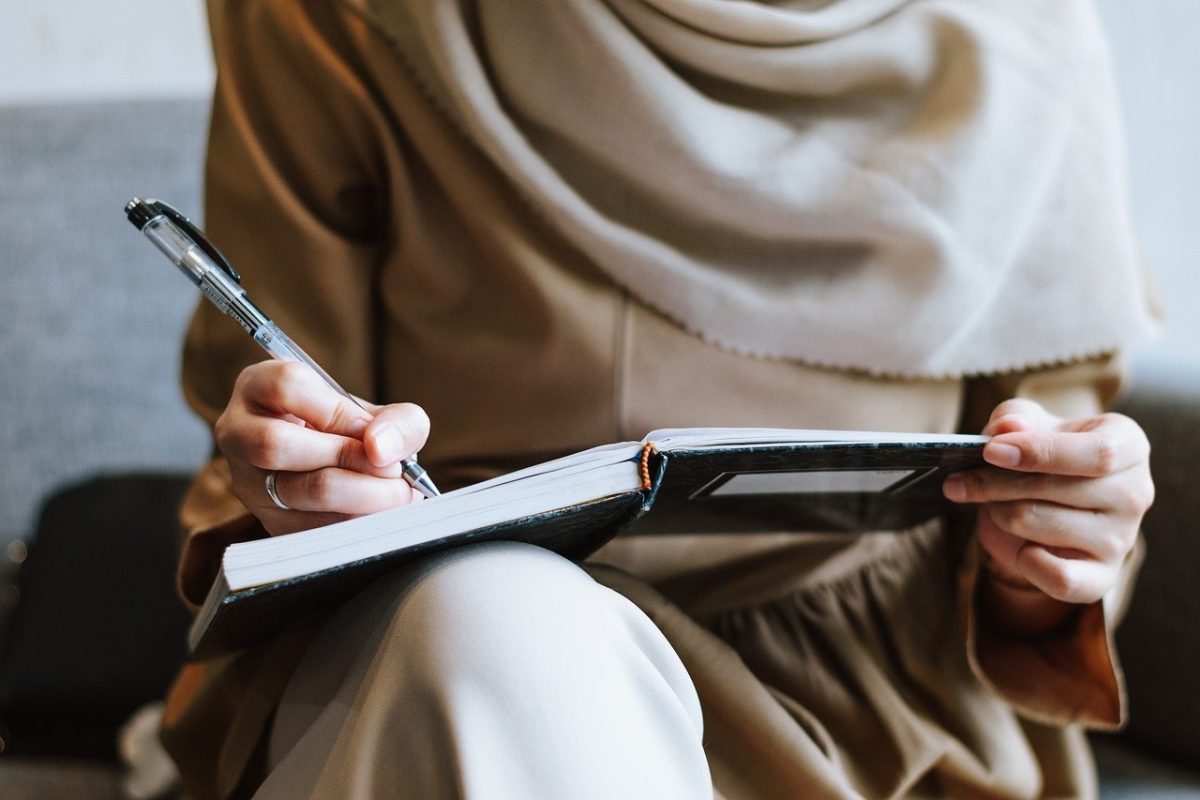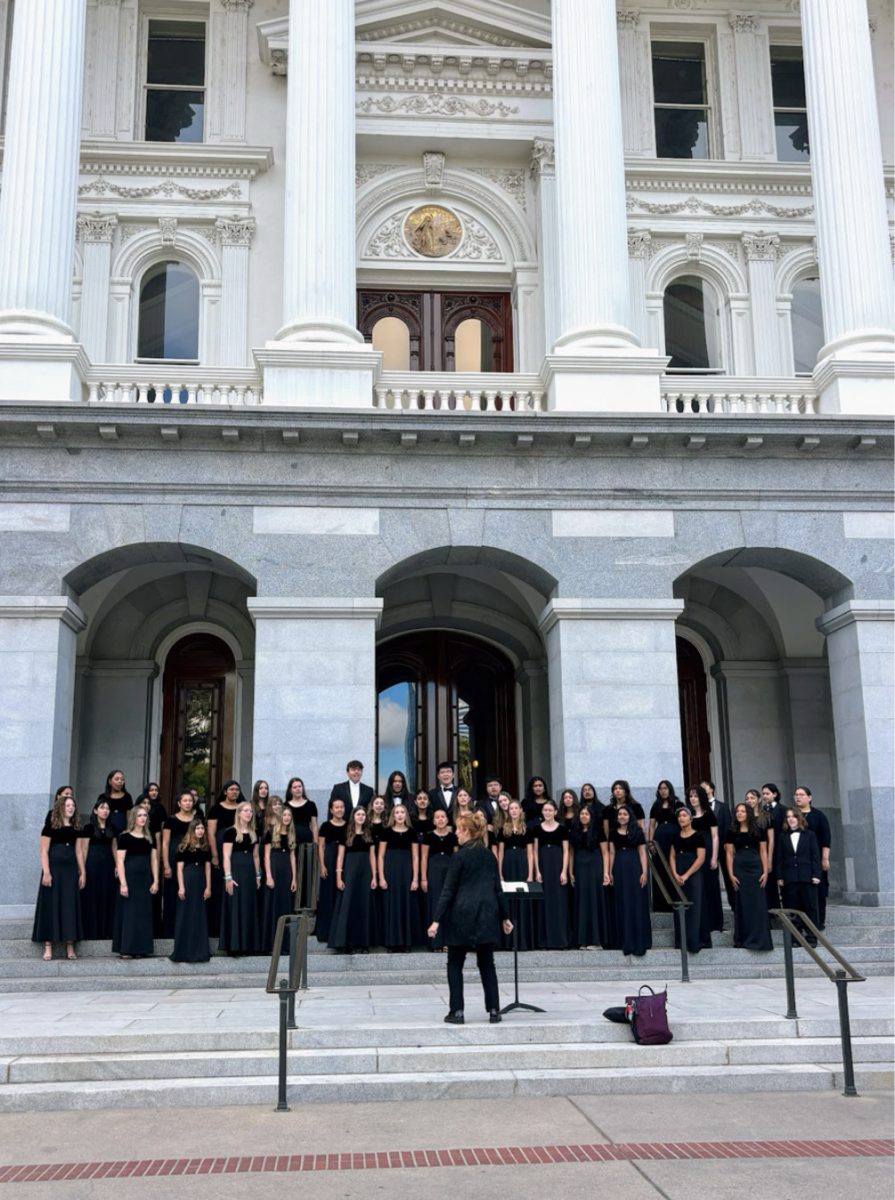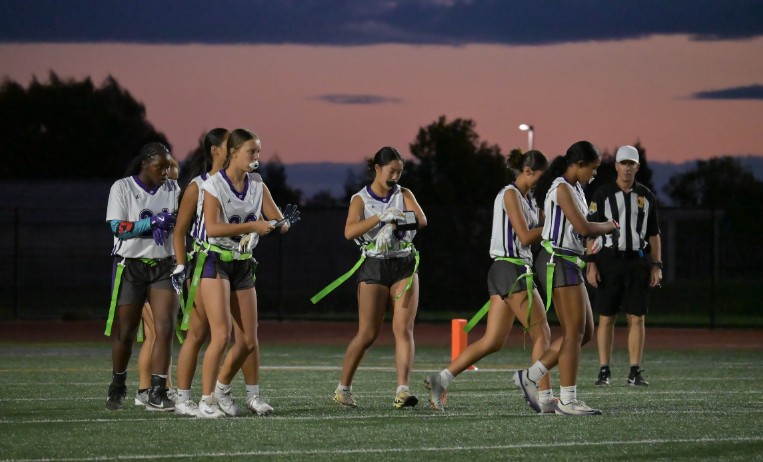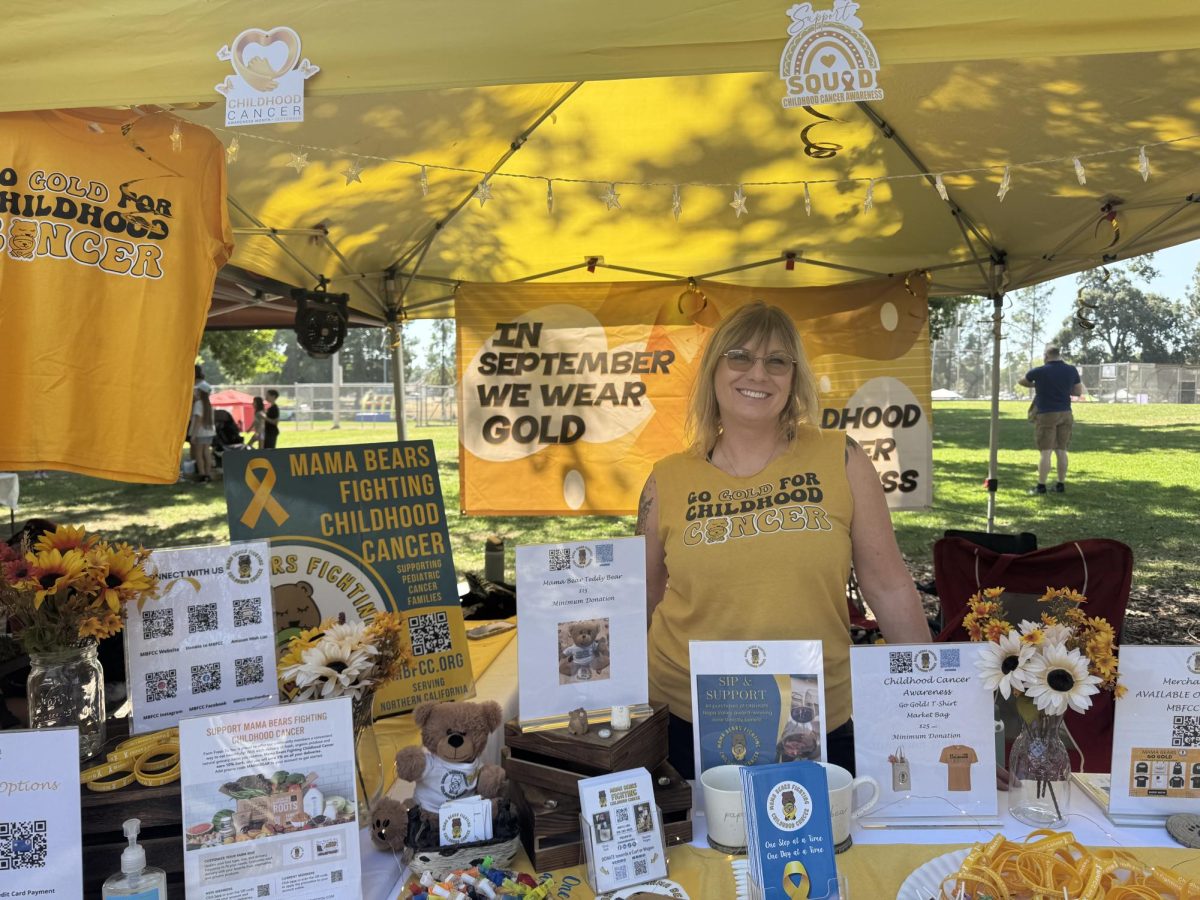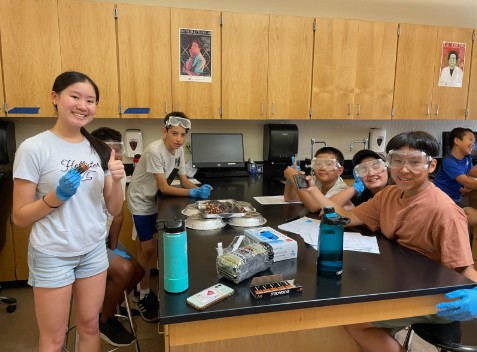Like perhaps most schools in America, Pleasant Grove High School provides lessons about the Sept. 11, 2001 tragedy to help students learn about their history. But not every student sees the event in the same light, and some Muslim students feel excluded.
“I really don’t like the way teachers bring up 9/11,” said Pervdeen Azimi, a junior at PGHS who is Muslim. “They bring up the Twin Towers being attacked and the (more than) 3,000 Americans losing their lives, but they don’t bring up the fact that America used this as a way to attack the Middle East. They don’t bring up the millions of innocent Muslims that lost their homes and loved ones due to American soldiers attacking them.”
Azimi said Muslim people still are being killed for crimes that they did not commit.
“They don’t bring up the fact that many, many Muslims, or people in Muslim Middle East countries, still continue to die for something they had absolutely nothing to do with,” she said.
Azimi said she always has felt different no matter how much the school promotes diversity..
“Growing up I have been seeing myself different from others and I still continue to see myself different, cuz I am different,” she said. “I never feel like I am one with the community. And honestly I don’t know if being recognized as a separate group either makes things worse or better. It just really depends on how the environment is.”
Azimi says that PGHS should teach students about 9/11, but should provide students the full story about the event.
“Yes, informing students about 9/11 is the right thing, (but) only if they tell them the actual truth, and how 9/11 affected people outside of America that had nothing to do with it,” she said.
Kriti Godavarthi, a junior at PGHS and a senior officer of the Student Equity Council, said PGHS does not really do much to commemorate 9/11.
“I don’t think we do anything to remember 9/11, and it is mostly history just being taught to students,” he said.
When asked if teachers should elaborate more on 9/11, Gondavarthi said, “Yeah, especially since the war ended and the troops came back home. We should look at that and not just our country but also other countries.”
Godavarthi said many Muslim students may feel hesitant to return to school after the 9/11 lesson.
“I . . . can understand if they have trepidation before coming to school, especially since Muslim hate crimes were high in the past,” he said. “We should be a welcoming campus to everyone.”
Nolan Dunkly, a world geography and US history teacher said it is important to teach students about 9/11 so they know what happened.
“The more that I teach 9/11, the more that I realize how important it is to help students learn just what took place that day” he said. “Students did not live through that traumatic day and, therefore, might not know everything that happened. My goal as a teacher would be to inform them and to keep the memory alive . . . I am a little more passionate about that day since I had personal connections to people highly impacted.”
Lastly, Dunkly said that learning about these events helps students learn about the human side of history.
“Learning about events like 9/11 and Pearl Harbor helps students make some connections to the personal sides of events of history, the fact that history isn’t just some random thing that happened a long time ago,” he said.


